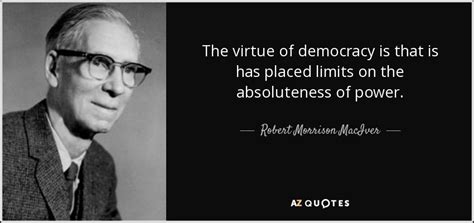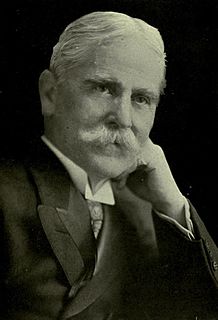A Quote by Isaac Newton
I can measure the motion of bodies but I cannot measure human folly.
Related Quotes
What do we measure when we measure time? The gloomy answer from Hawking, one of our most implacably cheerful scientists, is that we measure entropy. We measure changes and those changes are all for the worse. We measure increasing disorder. Life is hard, says science, and constancy is the greatest of miracles.
Racism itself is difficult to measure. We can measure hate crimes - which are absolutely an indicator. We can measure reports of discrimination. We can measure the number of times hateful words are being used across the Internet. Those things all help us measure racism, but it can sometimes be nebulous.
The Idols of Tribe have their foundation in human nature itself, and in the tribe or race of men. For it is a false assertion that the sense of man is the measure of things. On the contrary, all perceptions as well of the sense as of the mind are according to the measure of the individual and not according to the measure of the universe. And the human understanding is like a false mirror, which, receiving rays irregularly, distorts and discolors the nature of things by mingling its own nature with it.
We are apt to think we know what time is because we can measure it, but no sooner do we reflect upon it than that illusion goes. So it appears that the range of the measureable is not the range of the knowable. There are things we can measure, like time, but yet our minds do not grasp their meaning. There are things we cannot measure, like happiness or pain, and yet their meaning is perfectly clear to us.
The thing you can't measure is someone's heart, someone's desire. You can measure a 40, his vertical, his bench press, and that might let you know things like, yeah, he can jump high. But desire, his dedication, his determination, that's something you can't measure. That's something you can't measure about Rod Smith.








































